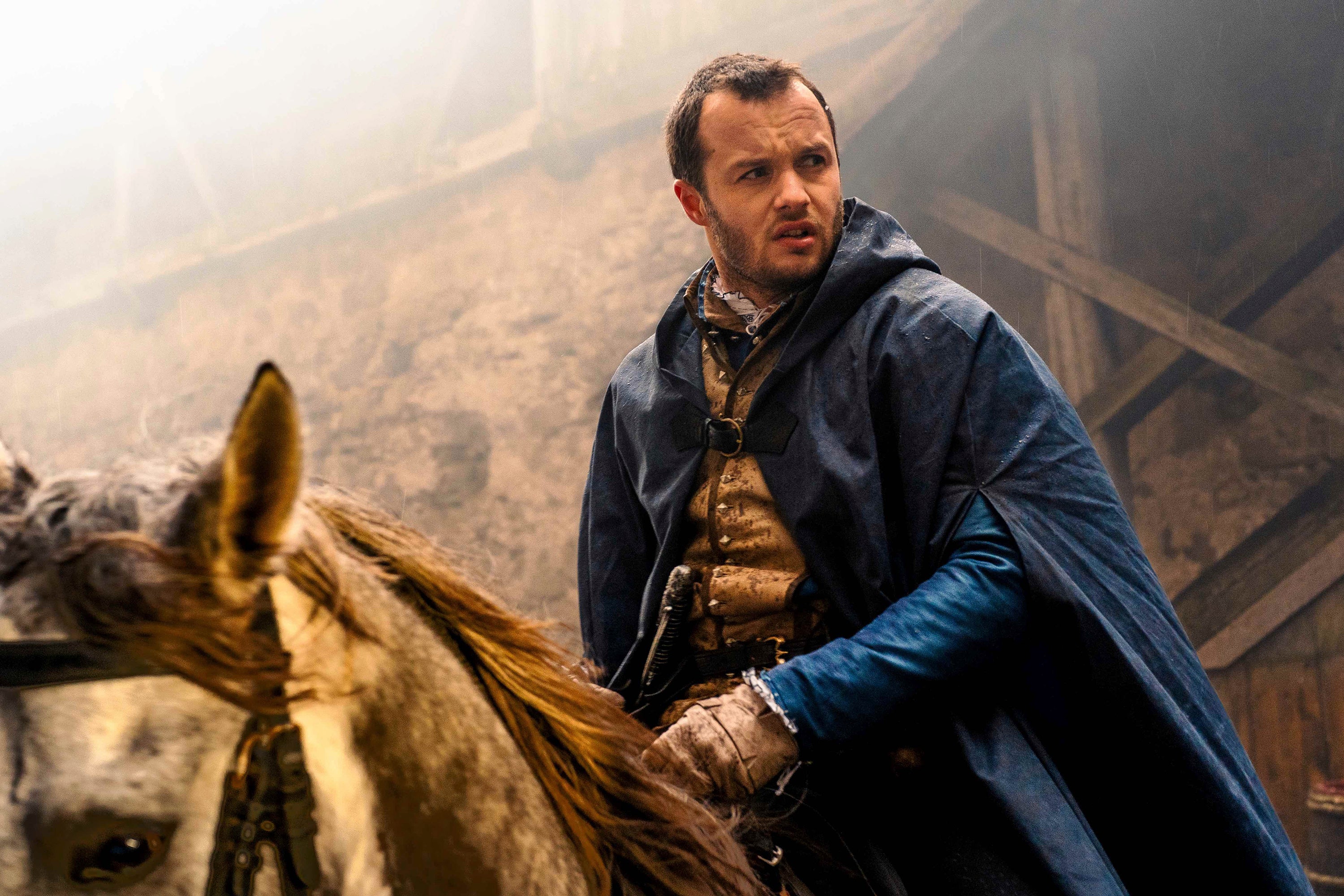Finally, Disney has delivered the show disabled people need
The show’s star Arthur Hughes says Matthew Shardlake’s disability is the ‘least interesting thing about him’. But James Moore argues that, for the 16 million Britons living with a disability, there’s still value in seeing a disabled performer in a disabled role


Matthew Shardlake’s disability is – according to Arthur Hughes, the star of Disney’s new adaptation of the Shardlake novels – the “least interesting thing about him”. Given the way Hughes portrays the title character, he might be right.
We see not only his fierce determination to pursue justice while attempting to keep clear of court intrigues, but also his moral struggles at a time when justice was very much in the gift of the King and his powerful allies.
However, that is not to say that the disabilities of the character and the actor don’t matter. They do. It is still vanishingly rare to see a character with any kind of disability in a mainstream show – much less an expensively produced drama like this one.
A research briefing published by the House of Commons Library, “UK Disability Statistics: Prevalence & Life Experience”, puts the number of people with a disability in Britain at 16 million – that’s nearly a quarter (24 per cent) of this country’s total population.
But you could be forgiven for thinking we simply didn’t exist, based on the nation’s TV output. Yes, we get to see the occasional wheelchair in the odd soap opera, but these are crumbs from the top table. For the most part, disabled people are Britain’s invisible minority.
Shardlake is important because it shows what can be done if producers and casting directors put their minds to it. The character is described as a “hunchback” in that he suffers from curvature of the spine. This is not something Hughes grapples with. He was born with radial dysplasia, a rare condition, which affects his right arm. He has rather elegantly described himself as “limb different”.
That difference matters much less than the fact of seeing an actor with a disability play a character with a disability. When a BBC adaption of the same series was on the blocks, the decidedly not-disabled Kenneth Branagh was tagged to play the title role – an all too familiar trend in the industry.
The Academy, in particular, loves disability. It’s just not so keen on disabled actors. There have been only three disabled winners in the history of the awards. And it’s not just the Oscars – the same applies right down the awards ladder.
The invisibility of disabled people on screen – whether the large screen or the small screen – matters. It is profoundly othering if you are ignored by popular culture unless you are required as a prop to further the career of a non-disabled actor or to serve as a cheap plot point (sometimes both).
By contrast, try watching Shardlake. Watch the way Hughes moves, the way he carries himself. This provides a genuine air of authenticity that Branagh wouldn’t have been able to offer. Then there is the ableism the character experiences, the slurs that are directed at him; they land, when the actor is actually disabled, in a way that they would not were he able-bodied.
It was the same at a performance of A Midsummer Night’s Dream I went to see at Shakespeare’s Globe, in the scene when Hermia – played by Francesca Mills, who was born with achondroplasia, a common cause of dwarfism – is mocked for her height. Insults like that are, I am afraid, all too familiar today. It speaks volumes that Hughes was the first actor with an actual disability to play the iconic disabled role of Richard III for the Royal Shakespeare Company.
All this is a mark of how far we have to go, and how little we have progressed from the world Shardlake inhabits. The show deserves to be celebrated for its quality, and for Hughes’s acting first and foremost. I hope it gets a second outing for those reasons. I was hooked, and binge-watched it. But the fact that a disabled actor was for once allowed to play a disabled role: that matters more than I can say.
Join our commenting forum
Join thought-provoking conversations, follow other Independent readers and see their replies
Comments
Bookmark popover
Removed from bookmarks